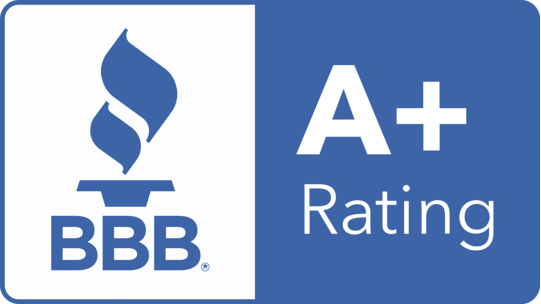Investing or Expanding: Remember This...
Navigating the 2024 Rental Property Market: Key Factors for Successful Investment

In the realm of real estate investment, rental properties continue to stand out as a reliable source of income and wealth accumulation. However, as we venture into 2024, navigating the rental property market requires a keen understanding of evolving dynamics and strategic decision-making. Whether you're a seasoned investor or considering your first foray into rental property investment, here are five crucial factors to prioritize for success in the current landscape.
1. Location: The Foundation of Profitable Investment
In real estate, they say "location, location, location" for a reason. The significance of location cannot be overstated when it comes to rental property investment. Seek out areas with robust economic fundamentals, such as job growth, population expansion, and infrastructure development. Properties located in thriving neighborhoods with access to amenities like schools, public transportation, and commercial centers tend to attract tenants and command higher rental rates.
Conduct thorough market research to identify promising locations and assess their long-term potential for appreciation. While urban centers often offer lucrative investment opportunities, don't overlook emerging suburban or rural markets that may present untapped potential.
2. Rental Demand: A Vital Metric for Sustainable Income
Understanding rental demand is essential for ensuring a steady stream of income from your investment property. Look for areas with low vacancy rates and high tenant demand, indicating a healthy rental market. Factors such as population growth, employment opportunities, and housing affordability influence rental demand and should guide your investment decisions.
Consider demographic trends and lifestyle preferences that drive rental demand in specific areas. For instance, neighborhoods near universities may experience consistent demand from students and faculty, while suburban communities might appeal to families seeking a quieter lifestyle. Tailoring your investment strategy to match local rental demand can maximize your property's income potential.
3. Cash Flow Analysis: Maximizing Returns while Mitigating Risks
Effective cash flow management is fundamental to rental property investment success. Calculate your property's potential rental income and subtract all expenses, including mortgage payments, property taxes, insurance, maintenance costs, and property management fees. Aim for positive cash flow to ensure that your investment generates sustainable returns after covering all expenses.
Conduct a thorough financial analysis to evaluate the investment's profitability and assess its resilience to market fluctuations. Consider factors such as rental market stability, property appreciation potential, and risk mitigation strategies to safeguard your cash flow and investment portfolio.
4. Property Condition and Maintenance: Protecting Your Investment
The condition of the property and its ongoing maintenance requirements significantly impact its attractiveness to tenants and long-term value. Before investing in a rental property, conduct a comprehensive inspection to assess its structural integrity, mechanical systems, and overall condition. Budget for necessary repairs or upgrades to enhance the property's appeal and minimize vacancy periods.
Implement proactive maintenance practices to preserve the property's value and minimize unexpected expenses. Regular inspections, prompt repairs, and preventive maintenance measures can prolong the lifespan of the property and ensure a positive experience for tenants, fostering tenant satisfaction and retention.
5. Regulatory Compliance: Navigating Legal Obligations
Understanding the regulatory environment governing rental properties is essential for compliance and risk management. Familiarize yourself with local landlord-tenant laws, rental regulations, and eviction procedures to ensure legal compliance and protect your rights as a landlord.
Stay informed about legislative changes and industry developments that may impact your investment strategy. Consider consulting legal professionals or property management experts to navigate complex legal issues and mitigate legal risks associated with rental property ownership.
In conclusion, successful rental property investment in 2024 requires a strategic approach informed by thorough research, financial analysis, and a deep understanding of market dynamics. By prioritizing factors such as location, rental demand, cash flow analysis, property condition, and regulatory compliance, investors can position themselves for long-term success and profitability in the dynamic rental property market.































